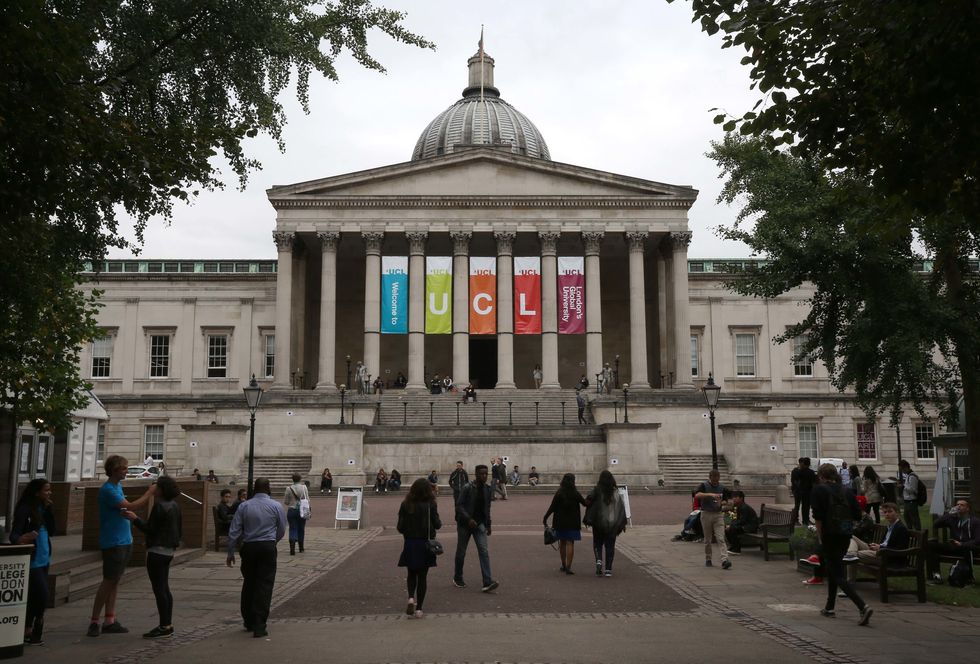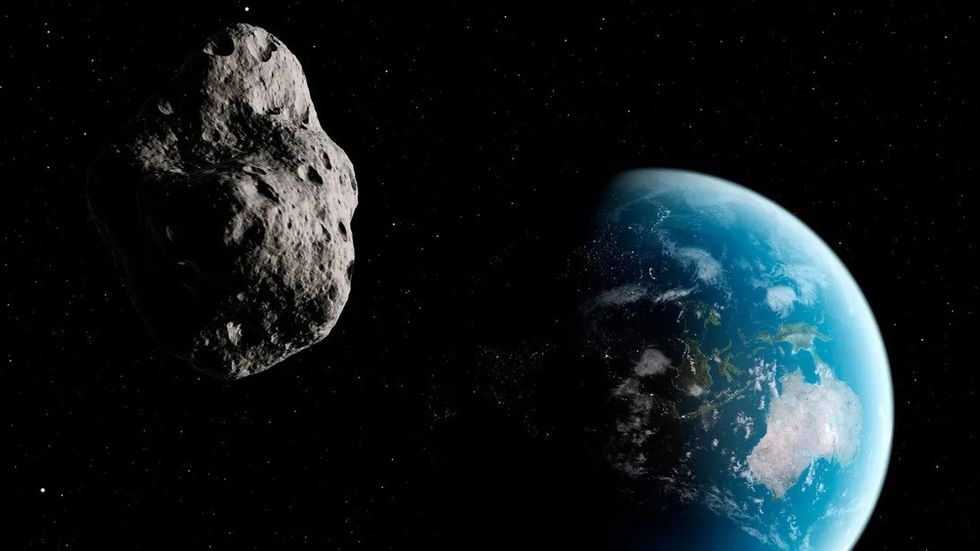Scientists have been left baffled after discovering that two massive asteroids which struck Earth over 35 million years ago had virtually no lasting impact on the planet’s climate.
The surprising findings, revealed in new research from University College London (UCL), challenge previous theories about the effects of such cosmic collisions.
Despite the enormous scale of the impacts – roughly 25,000 years apart from each other – researchers found no evidence of significant climate change across the next 150,000 years.
The first impact created a massive crater between 25 to 55 miles in diameter in what is now the US’s Chesapeake Bay.

Researchers from London’s UCL discovered the puzzling data
PA
The second strike hit Siberia, forming the Popigai crater, which spans some 60 miles across.
The immense double-hit left behind what are now recognised as the fourth and fifth largest asteroid craters known on Earth.
Each asteroid measured between two and five miles wide, and smashed into Earth with colossal force.
Scientists also discovered evidence of three smaller asteroid strikes during the same geological period, known as the late Eocene epoch.
The spike in impacts suggests there may have been significant disturbance in our solar system’s asteroid belt during this time.
MORE SPACE NEWS:

The immense double-hit left behind what are now recognised as the fourth and fifth largest asteroid craters known on Earth
WIKIMEDIA COMMONS
The research, published in the journal Communications Earth & Environment, analysed isotopes in ancient marine fossils called foraminifera.
“What is remarkable about our results is that there was no real change following the impacts,” said UCL’s Earth Sciences Professor – and award-winning geologist – Bridget Wade.
“We expected the isotopes to shift in one direction or another, indicating warmer or cooler waters, but this did not happen,” Prof Wade added.
“These large asteroid impacts occurred and, over the long term, our planet seemed to carry on as usual.”

UCL’s Prof Wade, pictured with her Geological Society Bigsby Medal
UCL/PROFESSOR BRIDGET WADE
The samples came from a drilled-out rock core beneath the Gulf of Mexico, containing material from between 35.5 and 35.9 million years ago.
While the long-term climate remained stable, Prof Wade said these impacts would have been devastating in the short term.
“Over a human time scale, these asteroid impacts would be a disaster. They would create a massive shockwave and tsunami, there would be widespread fires, and large amounts of dust would be sent into the air, blocking out sunlight,” she explained.
Despite the findings suggesting Earth’s resilience, Professor Wade stressed the importance of continued vigilance.
“We still need to know what is coming and fund missions to prevent future collisions,” she warned.